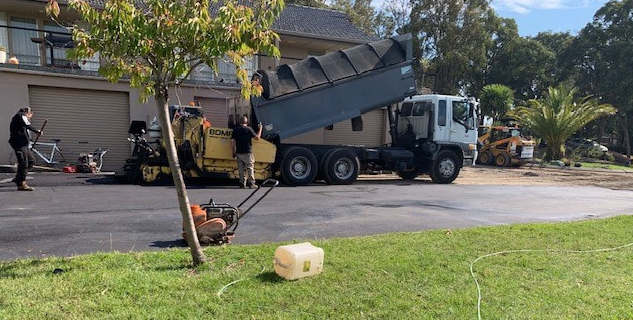Choosing the right material for driveway surfacing is a crucial decision that affects durability, cost, and maintenance requirements. Asphalt and bitumen are two of the most commonly used materials for residential and commercial driveways in Australia. While both offer excellent performance, they have distinct differences that make them suitable for different applications. For property owners in Woodridge, QLD, understanding the benefits and limitations of each material can help determine the best option for their driveway needs.
1. Understanding Asphalt and Bitumen
Before comparing the two, it’s essential to understand what each material is and how it is used in driveway surfacing.
- Asphalt: A mixture of bitumen and aggregates (crushed stone, sand, and gravel), asphalt is a durable, long-lasting surface commonly used for roads, car parks, and driveways.
- Bitumen: A binding agent derived from petroleum, bitumen is often used in spray & seal applications where a layer of bitumen is sprayed onto a base and covered with aggregate.
Both materials are widely used in Australia, but they serve different purposes depending on the project requirements.
2. Durability and Longevity
- Asphalt: Known for its high strength and ability to withstand heavy traffic loads, asphalt driveways have a longer lifespan, typically lasting 20–30 years with proper maintenance.
- Bitumen: While durable, bitumen surfaces may require more frequent resealing and maintenance, with a typical lifespan of 10–15 years.
Best for longevity: Asphalt is the better choice for long-term durability, especially for high-traffic driveways.
3. Installation Time and Cost
- Asphalt: Requires more preparation and installation time, including site grading, base compaction, and hot asphalt application. The initial cost is higher but offers long-term value.
- Bitumen: Quicker and more cost-effective to install, especially for large areas. The spray & seal process is ideal for rural properties and long driveways.
Best for affordability: Bitumen is a cost-effective choice for large-scale or budget-conscious projects.
4. Maintenance Requirements
- Asphalt: Requires periodic sealcoating and minor crack repairs, but it maintains its integrity well over time.
- Bitumen: Needs more frequent maintenance, including resealing every few years to prevent surface wear and water damage.
Best for low maintenance: Asphalt requires less ongoing maintenance compared to bitumen.
5. Surface Appearance and Finish
- Asphalt: Provides a smooth, professional finish with a uniform appearance, making it ideal for commercial properties and modern homes.
- Bitumen: Offers a slightly rougher texture due to the aggregate layer but can still provide a functional and durable surface.
Best for aesthetics: Asphalt delivers a sleek, polished look suitable for contemporary driveways.
6. Suitability for Different Environments
- Asphalt: Suitable for urban and suburban driveways with high traffic demands. It performs well in various weather conditions.
- Bitumen: More commonly used in rural areas or on longer driveways where budget constraints make it a more practical choice.
Best for different locations: Asphalt for urban and high-traffic areas, bitumen for rural properties and long driveways.
Conclusion
Both asphalt and bitumen offer reliable driveway surfacing solutions, but the best choice depends on budget, maintenance expectations, and the intended use of the driveway. Asphalt is the ideal option for long-lasting durability, low maintenance, and a high-quality finish. Bitumen, on the other hand, is a cost-effective solution for larger areas and rural properties that require a practical and economical surfacing method.
For property owners in Woodridge, QLD, choosing the right surfacing material is essential for achieving a functional and durable driveway. Contact Woodridge Surfacing Solutions today for expert advice and professional installation services tailored to your needs.
Call us on: 07 3113 9392
Click here to find out more about Woodridge Surfacing Solutions
Click here to complete our contact form and see how we can help with your driveways.

